The commerce secretaries of Pakistan and India, who led the latest round of the Joint Study Group (JSG) talks in Islamabad, tried to project much optimism at a press conference on Tuesday, saying they were extremely satisfied with what they were able to achieve, but they had little progress to show by way of solid accomplishment.
The only area of progress was the formation of a sub-group that is to work out a joint plan to register Basmati rice as a common product. The issue, though, is not a bilateral one; it concerns protection of the two countries' joint patent rights against big players in the international rice market.
As regards bilateral trade, there was a lot of discussion on a number of proposals such as import of Indian tea, addition in the Positive List, establishment of an optical fibre link, co-operation in export insurance, opening of bank branches, and transit trade to Afghanistan. But the discussion on all proposals remained inconclusive.
The Pakistani side did show an interest in Indian tea but sought some more information on India's comparative advantage vis-à-vis other tea selling countries. Likewise, India was inclined to expand the shipping agreement straightaway, but Pakistan said that considering the problems encountered, the existing one should be implemented for five to six months, and that any amendment could be considered afterwards.
India it seemed was in a hurry with its proposal to add 15 items to the Positive List, and got the response that this would entail consultations with all the stakeholders, to be followed by the submission of a proposal to the Cabinet or the Economic Co-ordination Committee for a final decision.
Notably, almost all the proposals came from the Indian side, though Pakistan's Commerce Secretary Asif Shah insisted, "it is a wrong impression that all the issues were raised by the Indians; the agenda of talks was finalised with consensus."
He pointed out that his side raised the issue of non-tariff barriers and the establishment of a sub-group on Basmati rice. Yet the fact remains that almost all the proposals about expansion in bilateral trade emanated from the Indian delegation, which is not surprising given that the two countries have a marked difference of emphasis in pursuing the composite dialogue process.
While India wants an unconditional normalisation in all areas, including trade and travel, Pakistan's stated position is to link trade with progress on the Kashmir resolution.
Hence its team in the JSG talks adopted a general wait-and-see attitude, preferring it to deal with procedural matters aimed at creating a feel-good atmosphere rather than taking substantive steps towards trade normalisation.
There is a body of opinion in this country as well that holds that Pakistan should go for normalisation in a big way, and that in due course such a policy would pave the way for the resolution of the Kashmir problem.
Nonetheless, having learnt a different lesson from the past no one can say with certainty how events might unfold in the future. What is almost certain, though, is that in another 15-20 years' time India would emerge as a major world power with matching political clout and an equivalent measure of arrogance.
If there is any good time to find a solution that is acceptable to all the three parties, namely Pakistan, India and the Kashmiri people, it is now. New Delhi still pays heed to the advice of its friends in the West, particularly the US, who have been telling it to get over its Kashmir fixation and rid itself of the irritant, so that it can feel free to advance towards its destined status.
Equally important, India needs the easily accessible and cheap energy routes that Pakistan offers it to bring in oil and gas from Central Asia and the Gulf region, and which it badly needs to feed its rapidly growing industry. In fact, it has started to show some signs of flexibility on Kashmir though it has yet to come up with any measure that merits to be characterised as bold.
It makes sense, therefore, for Islamabad to try and use the window of opportunity that is available for a limited time period to push for Kashmir resolution in tandem with various CBMs.
BR100
15,235
Increased By
150.4 (1%)
BR30
44,824
Increased By
812 (1.85%)
KSE100
149,971
Increased By
1353.3 (0.91%)
KSE30
45,655
Increased By
407.2 (0.9%)


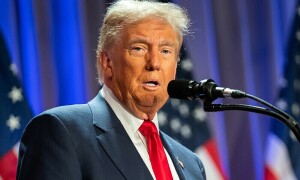


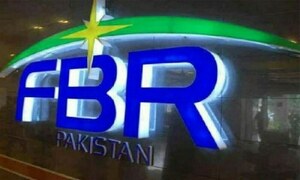
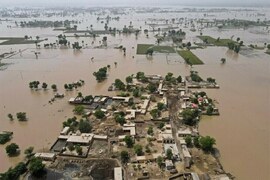







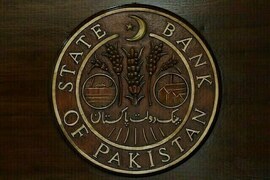
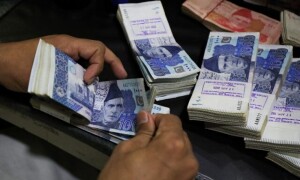






Comments
Comments are closed.